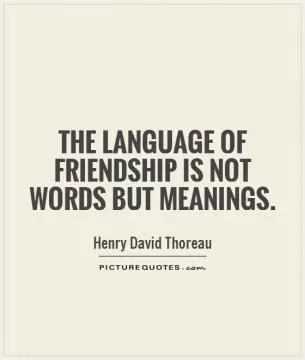Faith keeps many doubts in her pay. If I could not doubt, I should not believe

Faith keeps many doubts in her pay. If I could not doubt, I should not believe
Henry David Thoreau, the renowned American philosopher, poet, and essayist, was a firm believer in the power of faith and doubt. He understood that doubt was an essential component of faith, as it allowed for questioning, introspection, and growth. Thoreau famously said, “Faith keeps many doubts in her pay. If I could not doubt, I should not believe.” This statement encapsulates his belief that doubt is not the enemy of faith, but rather its companion and catalyst.Thoreau’s philosophy was deeply rooted in transcendentalism, a philosophical movement that emphasized the importance of individual intuition, nature, and the inherent goodness of humanity. For Thoreau, faith was not blind acceptance or adherence to dogma, but a personal and profound connection to the divine, the universe, and one’s inner self. Doubt, on the other hand, was not a sign of weakness or lack of faith, but a natural and necessary part of the spiritual journey.
Thoreau’s own life and writings exemplified the interplay between faith and doubt. In his seminal work, “Walden,” Thoreau chronicled his two-year experiment of living in a cabin in the woods, where he sought to simplify his life, commune with nature, and contemplate the meaning of existence. Throughout the book, Thoreau grappled with doubts about society, materialism, and the human condition, but ultimately found solace and inspiration in his faith in the transcendent beauty and wisdom of the natural world.
Thoreau’s belief in the symbiotic relationship between faith and doubt is reflected in his famous essay, “Civil Disobedience,” where he argued that individuals have a moral duty to resist unjust laws and government actions. Thoreau’s act of civil disobedience, in refusing to pay taxes to a government that supported slavery and the Mexican-American War, was a bold and courageous expression of his faith in the power of nonviolent resistance and moral conscience, despite the doubts and uncertainties that may have plagued him.












 Friendship Quotes
Friendship Quotes Love Quotes
Love Quotes Life Quotes
Life Quotes Funny Quotes
Funny Quotes Motivational Quotes
Motivational Quotes Inspirational Quotes
Inspirational Quotes